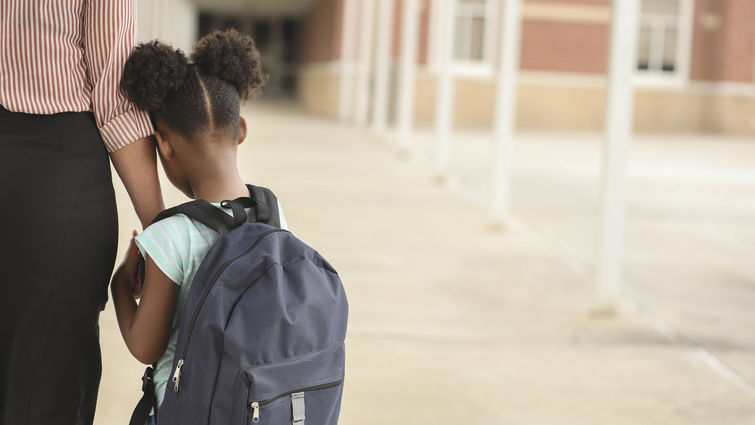
Back-to-school
Change can be difficult for children and teens going back to school or first-time students starting kindergarten. Serafin Lalas, MD, a child and adolescent psychiatrist for Loma Linda University Behavioral Medicine Center, provides some strategies parents can use to deal with back-to-school worries:
Make a game plan with teachers and parents.
School refusal behavior refers to school phobia and separation anxiety. It’s helpful for parents of children with these issues to make a game plan with teachers before school begins. Explain the situation to your child’s teachers, and make sure they know you won’t pick your child up from school unless it’s necessary.
Do a walk-through before school starts.
For some kids, it can be beneficial to walk through the sequence of the day to decrease anxiety caused by the unknown. This will reassure many students, and the schedule can become a routine for them.
Talk to the child about their anxieties.
Some students’ anxiety comes from a concern that something might happen to their parents while they’re separated. Parents can reassure and remind them that both the parents and the student will be okay.
For fears that center around academic concerns, addressing children’s worries and making sure they feel they have the support they need can help them be confident in going back to school.
Some students become anxious when changing schools and entering a new environment. In this case, it can be beneficial to take the student on a tour of the school and work with the teacher to connect them with a potential classmate to reduce anxiety on their first day.
Consider cognitive behavioral therapy.
Also called CBT, this therapy helps people become aware of incorrect or negative thinking so you can view anxious situations more clearly and respond in a healthy way. It can help students understand how their thoughts affect their behavior and in turn, how it affects their mood. Dispelling misconceptions in their minds is important to make sure they’re comfortable.
Pay attention to your own behavior as well. The more confidence and comfort you can model, the more your child will understand there is no reason to be afraid. Be supportive yet firm.
Set appropriate limits and reinforce them.
Let your child know that you are going to stick to the game plan. If they do stay at home, don’t give them the positive reinforcements they’re craving, like fun activities or access to technology.
If your child — or teen — continues having trouble with back-to-school anxiety for more than two weeks into the new school year, reach out to someone who can help them process these feelings. Look for a behavioral health provider in your area who can help. If your child or teen is facing challenges that may cause them to act out, such as anxiety, learn more about Loma Linda University Health's behavioral health services by visiting out youth behavioral health page. You can also call 877-558-6248.
